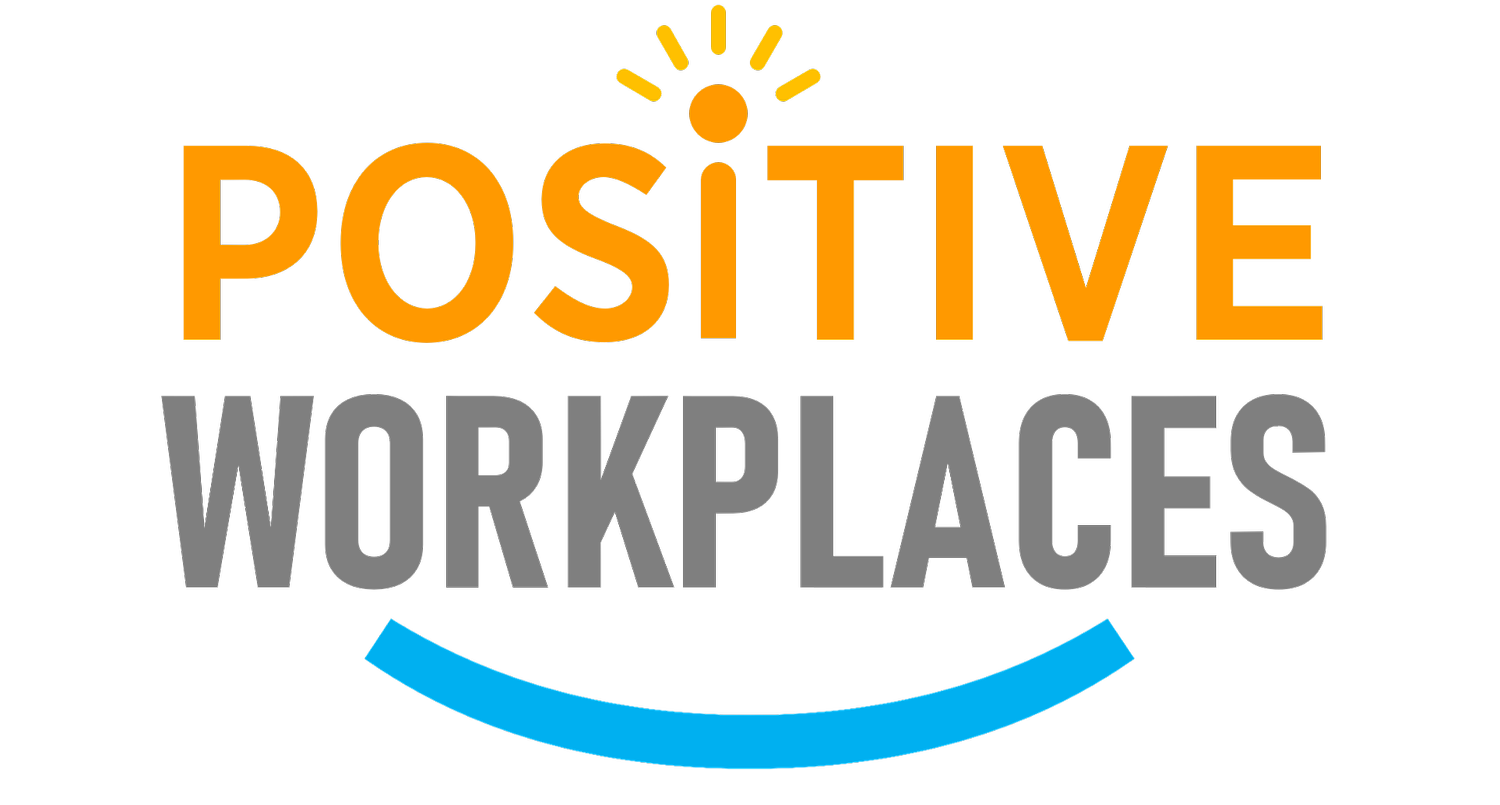Career Fatigue: Unraveling the Toxicity in Resiliency
By Threcia Mea Juariza
As Filipinos, we have been labeled as “resilient” for the longest time through different aspects in our lives and the workplace is no exception. It is the norm to go above and beyond one’s capacity in order to provide satisfactory results to a company. For instance, in the customer service industry, workers are often reminded to “go the extra mile” to help and assist people. But overstretching oneself does have its corresponding consequences, one of which could be developing career fatigue. This then begs the question of where do we draw the line between positive and toxic resiliency? And how do we avoid or recover from career fatigue?
The toxicity in resiliency
Filipino workers are often praised by their commitment and devotion to their profession despite the challenges, risks, and consequences that comes with it. But has anybody ever stopped to think of why the Filipino workers are resilient anyway? Is it an inherent Filipino trait passed by generations or caused by a lack of choice?
When we look at the study on Global Rights Index conducted by the International Trade Union Confederation, we would find that the Philippines ranked as one of the top ten worst countries for working people in 2021 and one of the six countries including Brazil, Colombia, Guatemala, Myanmar, and Nigeria where trade unionists were murdered. This report challenges our idea of Filipino resiliency in the workplace, what is something we deemed as a desirable trait might be an issue of creeping abuse and exploitation.
What you can do:
Recognize if you are in a safe workplace
A safe workplace draws out positive resilience, it encourages growth and improvement not just as an employee but as a person, what it is not is overstretching yourself to meet unrealistic standards and expectations.
Talk to your co-workers
You are not alone. More often than not, people around you are struggling with the same obstacle. Talking about your work issues can help draw out the frustration and spark a conversation that might address the trouble you’re facing.
Should you stay or should you go? [link pub/webinar]
Deciding whether or not to quit your job is daunting. Don’t worry, we got you covered. Read our Facebook post “Is this a sign na magresign?” or register for our in-depth webinar titled “Should I Stay Or Should I Go?” exploring commitment and hope theory at work.
Career Fatigue
Career fatigue is “feeling physically or emotionally exhausted with a sense of reduced accomplishment and loss of personal identity” as defined by Michigan State University. There are plenty of factors that can contribute to career fatigue including but not limited to the radical shift of working environment and as previously discussed, toxic resiliency. Most of the Filipino workers are currently exposed to these factors which sets a high chance of suffering from career fatigue and many of us might be approaching this point.
The unemployment rate in the Philippines is currently at an all-time high of 8.9%. It increased from 3.88 million in August 2021 to 4.25 million in September 2021 and it is currently the highest unemployment rate since January 2021 according to the Philippine Statistics Authority. Despite the government easing restrictions to some degree to help the devastating economic effects of the pandemic, this data tells us that the Filipino workers’ mental health might be at risk due to toxic resiliency and career fatigue.
What you can do:
Recognize career fatigue symptoms
Are you dissatisfied with your accomplishments? Are you easily irritated and impatient with your coworkers, customers, or clients? Have your sleeping patterns shifted? Asking yourself these questions might help you recognize career fatigue patterns.
Recognize the cause
Recognizing the possible cause or an accumulation of it that influences people to experience career fatigue such as dysfunctional workplace dynamics, lack of control, work-life imbalance, and unclear job expectations is the first step in addressing the issue.
Talk or listen to a professional [link pub/webinar]
Try to reach out or talk to someone about the career frustrations you are currently going through, someone who might be able help alleviate and address these concerns. Alternatively, you can also check out one of our free webinars “Taking Back Control: Balancing Work Demands and Resources” which focuses on people’s well-being at work.
Slowing down is Self-care
Filipinos are known to be optimistic and resilient. There is absolutely nothing wrong with that, if anything it is a positive trait that we must take pride in. However, we must not let anyone take advantage of that. Whether it’s toxic resiliency or career fatigue, it is crucial to keep in mind that there is no shame in admitting that you are having a hard time and there is absolutely no shame in wanting to rest. Improvement and achievement are just as important as setting proper boundaries within ourselves. December is the perfect time to slow down and take a breather, to look back and reevaluate our experiences. This gives us the perfect opportunity to realign with ourselves and to plan on working on what is truly important to us. Slowing down and being mindful of ourselves is what we need most at this time of the year.
Sources:
International Trade Union Confederation. (2021, June 30). 2021 ITUC Global Rights Index: COVID-19 pandemic puts spotlight on workers’ rights. Retrieved from https://www.ituc-csi.org/2021-global-rights-index
Mayo Clinic. (2021, June 05). Job burnout: How to spot it and take action. Retrieved from https://www.mayoclinic.org/healthy-lifestyle/adult-health/in-depth/burnout/art-20046642
Michigan State University. (2020, July 22). Ask the expert: How career fatigue is shaping the future of jobs. Retrieved from https://msutoday.msu.edu/news/2020/ask-the-expert-how-career-fatigue-is-shaping-the-future-of-jobs
Philippine Statistics Authority. (2021, November 4). Unemployment Rate in September 2021 is Estimated at 8.9 Percent. Retrieved from https://psa.gov.ph/statistics/survey/labor-and-employment/labor-force-survey/title/Unemployment%20Rate%20in%20September%202021%20is%20Estimated%20at%208.9%20Percent










